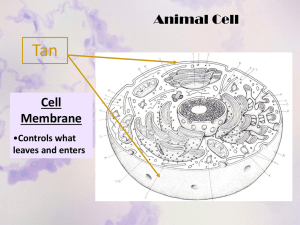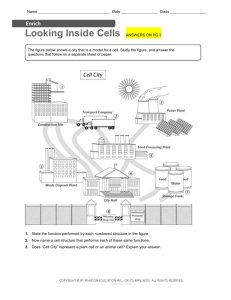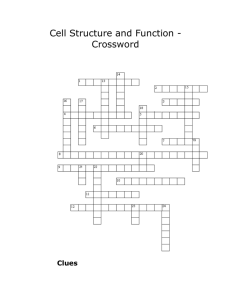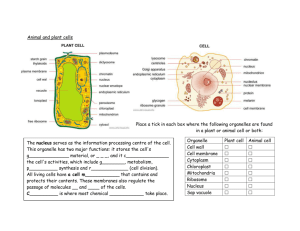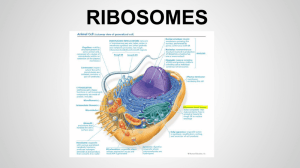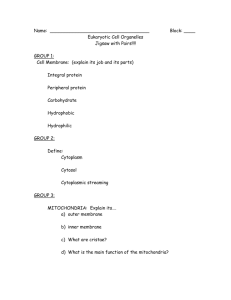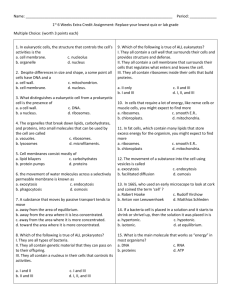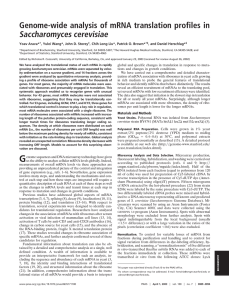Detecting and characterizing specialized ribosomes translating
advertisement
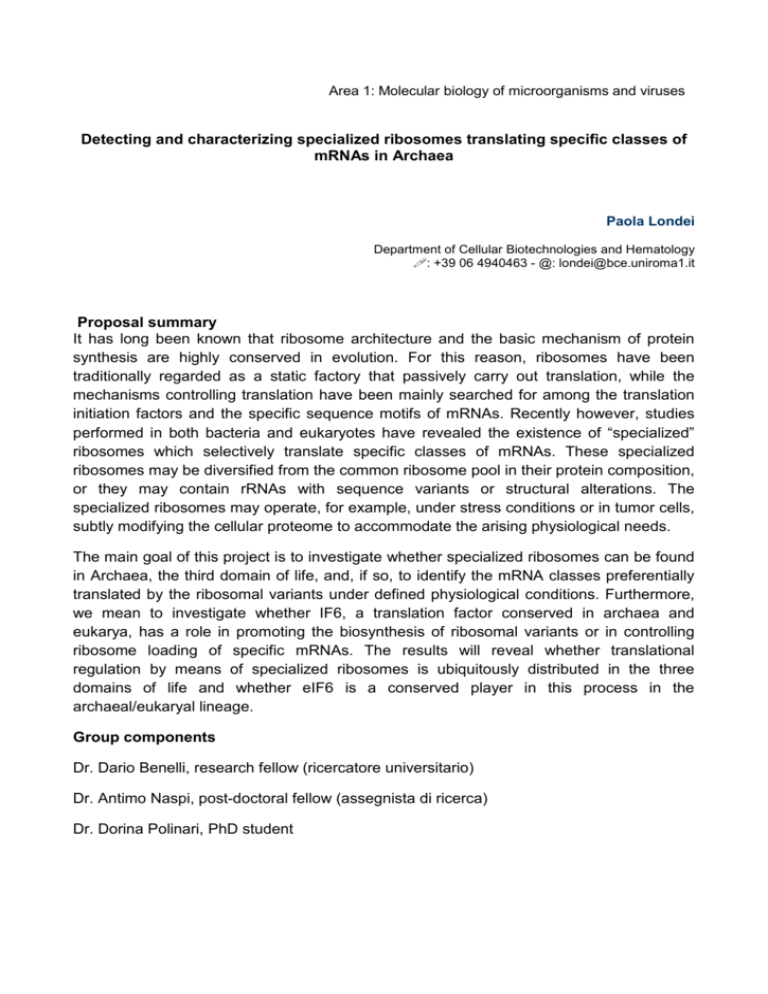
Area 1: Molecular biology of microorganisms and viruses Detecting and characterizing specialized ribosomes translating specific classes of mRNAs in Archaea Paola Londei Department of Cellular Biotechnologies and Hematology : +39 06 4940463 - @: londei@bce.uniroma1.it Proposal summary It has long been known that ribosome architecture and the basic mechanism of protein synthesis are highly conserved in evolution. For this reason, ribosomes have been traditionally regarded as a static factory that passively carry out translation, while the mechanisms controlling translation have been mainly searched for among the translation initiation factors and the specific sequence motifs of mRNAs. Recently however, studies performed in both bacteria and eukaryotes have revealed the existence of “specialized” ribosomes which selectively translate specific classes of mRNAs. These specialized ribosomes may be diversified from the common ribosome pool in their protein composition, or they may contain rRNAs with sequence variants or structural alterations. The specialized ribosomes may operate, for example, under stress conditions or in tumor cells, subtly modifying the cellular proteome to accommodate the arising physiological needs. The main goal of this project is to investigate whether specialized ribosomes can be found in Archaea, the third domain of life, and, if so, to identify the mRNA classes preferentially translated by the ribosomal variants under defined physiological conditions. Furthermore, we mean to investigate whether IF6, a translation factor conserved in archaea and eukarya, has a role in promoting the biosynthesis of ribosomal variants or in controlling ribosome loading of specific mRNAs. The results will reveal whether translational regulation by means of specialized ribosomes is ubiquitously distributed in the three domains of life and whether eIF6 is a conserved player in this process in the archaeal/eukaryal lineage. Group components Dr. Dario Benelli, research fellow (ricercatore universitario) Dr. Antimo Naspi, post-doctoral fellow (assegnista di ricerca) Dr. Dorina Polinari, PhD student

